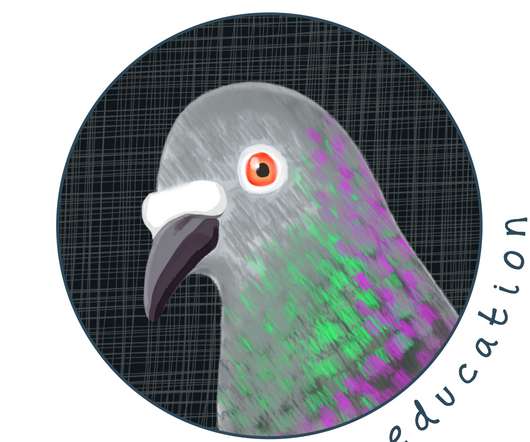2016 and Beyond: The Future of Classroom Technology by @MelanieNathan
TeacherCast
JANUARY 1, 2016
With many communities anxious to enhance local school systems and increase opportunities for students, teachers and pupils, 2016 appears poised to witness a lot of exciting new developments in the world of education technology. These venues range from MOOCs (free massive online open courses) to traditional brick-and-mortar public schools.








































Let's personalize your content